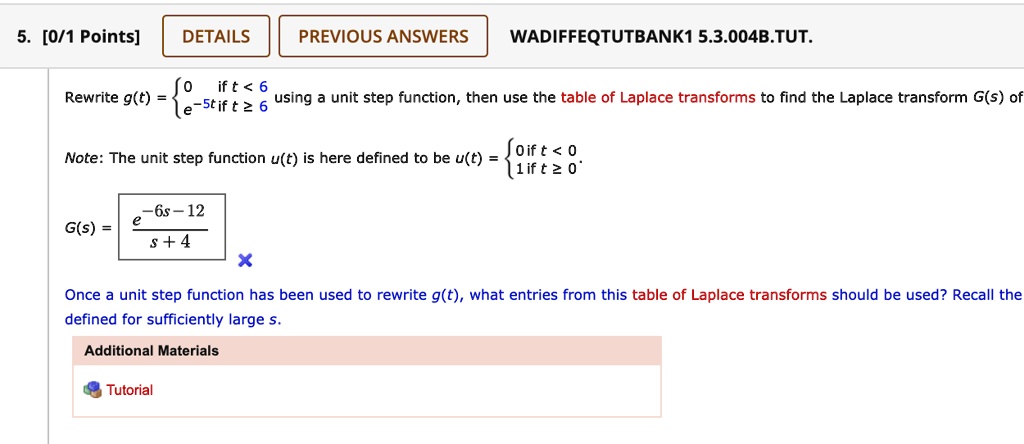

The mass of an object would be same whether on the Earth or on the Moon. This is why, the weight is different from mass. The weight of an object or body certainly depends on the mass of the object and the gravity acting on it. Furthermore, it would weigh about one-sixth as much on the moon. The object with a mass of 1 kilogram would weigh about 9.8 Newtons on the Earth’s surface. This unit in the International System of Unit (SI) is the newton. The unit of measurement for weight is certainly that of force. Also, these mechanisms keep the body in place. Moreover, some experts explain weight as referring to the magnitude of the reaction force which is exerted on a body by various mechanisms. In contrast, some books refer to weight as a vector quantity, the gravitational force which acts on the object. Some books describe weight as a scalar quantity, the magnitude of the gravitational force.

One can find the magnitude of the force of gravity by multiplying the magnitude of the acceleration due to gravity by the mass of the particular object. The Earth pulls all objects downward towards the center with a force of gravity. Weight is certainly a force that acts on all bodies or objects at all times near a heavenly body such as the Earth.

Simply speaking, weight refers to the force of gravity. When an individual loses weight, he should think of it as lessening one’s force on the Earth due to gravity. The more an individual weighs consequently means a higher reading on the scale. So, when an individual stands on a scale, the reading that appears is the weight. Weight refers to the force which acts on a body or object due to the effect of gravity. This article deals with weight formula and its derivation.


 0 kommentar(er)
0 kommentar(er)
